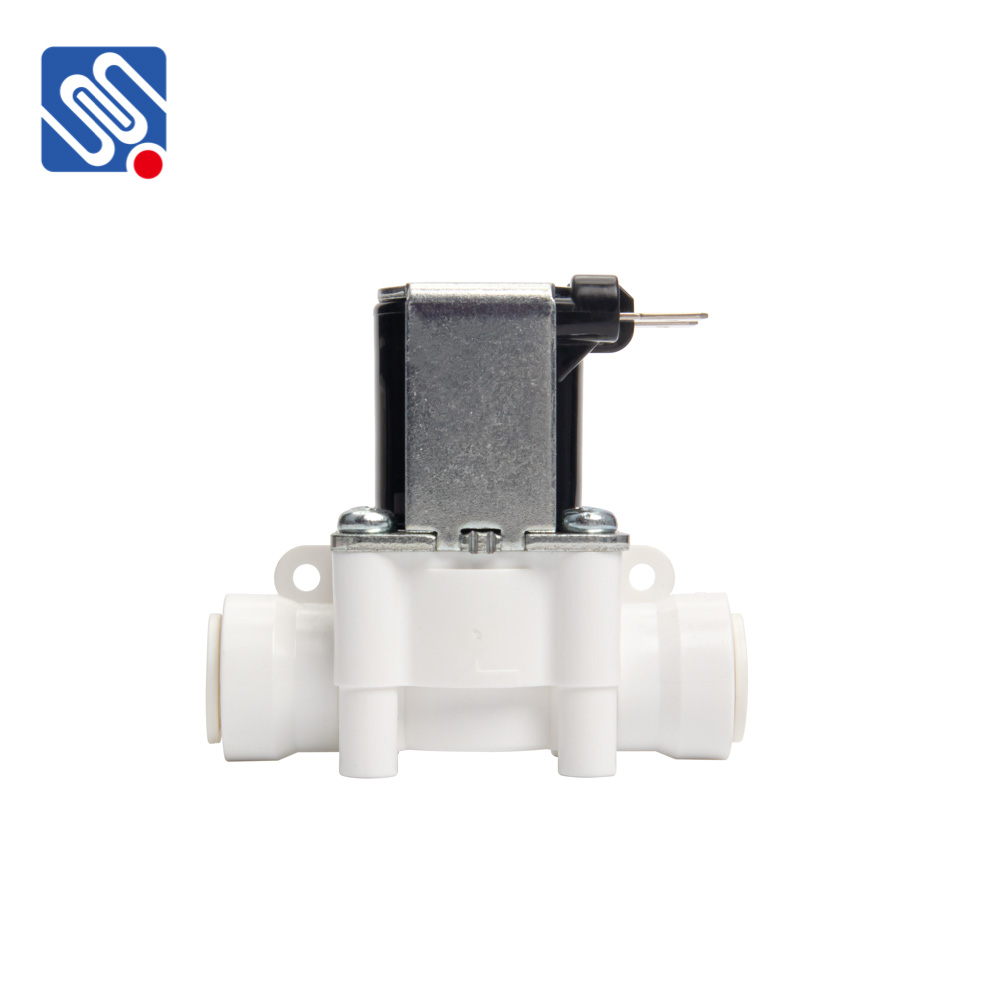filtration system solenoid valve: enhancing efficiency and precision in filtration systems
Release time:2025-05-09 13:33:51
A filtration system solenoid valve is an essential component in the field of industrial filtration systems, providing precise control over fluid flow. Its role is crucial in ensuring that filtration processes run efficiently, without interruption, and with maximum precision. Solenoid valves are electromagnetically controlled devices that allow the flow of liquids or gases through a filtration system to be regulated. In the context of filtration systems, the solenoid valve serves as an automated controller, playing a significant role in a range of applications, from water treatment to oil filtration, and even in air purification systems.

How Does a Filtration System Solenoid Valve Work?
At its core, a solenoid valve in a filtration system operates on the principle of electromagnetism. The valve consists of a coil, a plunger, and a spring. When an electric current is passed through the solenoid coil, it generates a magnetic field that attracts or repels the plunger. This action opens or closes the valve, thereby controlling the flow of fluid through the system. Depending on the design of the valve, it can either be normally open (NO) or normally closed (NC). In the case of filtration systems, the solenoid valve ensures that the filtration process only occurs when necessary, preventing waste or unfiltered substances from entering the system at the wrong time.


